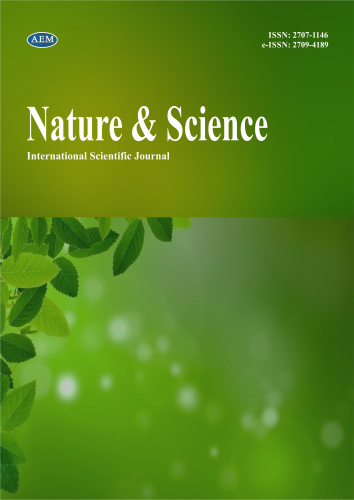DOI: https://doi.org/10.36719/2707-1146/55/94-102
Jafar Ashumov
Baku State University
https://orcid.org/0009-0005-4958-2560
ashumovcefer@gmail.com
Nurlan Amrahov
Baku State University
https://orcid.org/0000-0002-6916-7672
nurlanamrahov@bsu.edu.az
Sabina Ojagverdiyeva
Baku State University
https://orcid.org/0009-0000-3538-8605
sabinaocaqverdiyeva@gmail.com
Roya Jafarzadeh
Baku State University
https://orcid.org/0009-0006-1465-9799
ruyaceferzade@gmail.com
Ziyaddin Mammadov
Baku State University
https://orcid.org/0000-0001-8009-194X
ziya1313@gmail.com
Investigation of the Role of Gibberellic Acid in Salinity
Tolerance of Upland Cotton Plant
Abstract
The salinity is the actual issue in the plant growth. It directly restricts the productivity of plants in the whole species. Using phytohormone(s) in seed priming is one of the most crucial treatment methods to protect plants from salinity.
A plant hormone called gibberellic acid (GA3) is essential for controlling plant growth and development, especially in stressful situations. Determining the potential of seed priming with gibberellic acid under salt stress was the main goal of our study. We investigated the effects of varying GA3 and NaCl concentrations on the levels of chlorophyll a, b, and carotenoids in cotton seedlings of the Gossypium hirsutum L. Agdash-3 genotype. This study also showed the effects of different GA3 concentrations on the dynamics of polyphenol oxidase activity, which is crucial for the metabolism of phenolic substances and their involvement in plants' defense response. This investigation demonstrates that gibberellic acid regulates antioxidant enzyme activity and sustains chlorophyll a, b and carotenoid contents during salt stress circumstances which enhances resistance to salinity in cotton plants.
Keywords: Salinity, Gibberellic acid (GA3), Gossypium hirsutum, antioxidant enzymes

